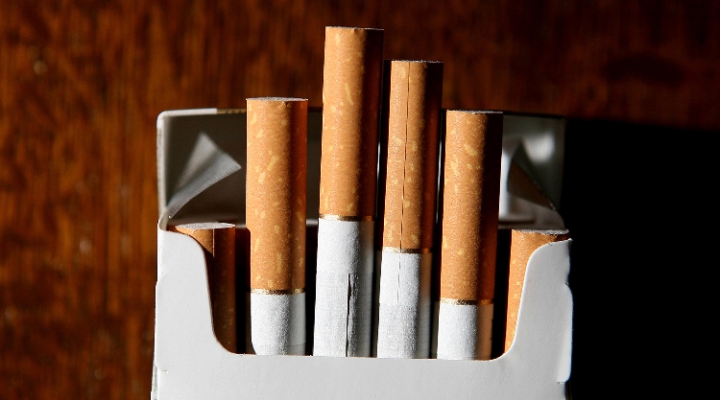Emma Wall: Hello and welcome to Morningstar. I am Emma Wall and here with me today to give three stock picks is Lewis Grant, manager of the Hermes Global Equity Fund.
Hi, Lewis.
Lewis Grant: Hi, there.
Wall: So what's your first stock selection?
Grant: Well, the first stock is a U.S. company, O'Reilly Automotive (ORLY). They are an auto parts retailer and they are servicing both the DIY enthusiast guys who fix their own cars as well as the professional mechanics. Now the story with O'Reilly is a growth play. They have got about 4,200 stores across the U.S. at the moment, but they are not in Florida, they are not on the East Coast and they are expanding aggressively into these regions.
So really O'Reilly is about capturing that growth, which their peers don't have. And at the same time, they are high-quality company. And they are keeping their margins high, they are generating lot of cash and they have quite a large buyback program. So they are returning cash to shareholders as well.
Wall: I'd imagine car manufacturing is very linked to sort of domestic economy and although we can blame much of what happened in the first quarter to that weather event, growth in the U.S. is not doing as well as it was expected this year. And so does that affect the stock?
Grant: It does but actually in a very positive way. Because O'Reilly is servicing the aftermarket, they are selling the parts to repair existing vehicles, the bull case for O'Reilly is really looking at the times when auto sales aren't as high as expected.
So auto sales are actually a bad thing for O'Reilly because they are in the second – they are in the aftermarket. But also in terms of the weather you mentioned, so many companies blame the harsh weather, again, that's bad for existing cars and people then need to fix their cars. Again, O'Reilly does very well in those conditions.
Wall: What's the second stock?
Grant: The second stock is slightly more boring. The second stock is company called CVS (CVS). It's a very steady, very solid U.S. retailer/pharmacy. Now I say it's a boring company. It's a really steady, solid, safe company and that's what's attractive to us. There is no one thing at which it excels, but equally it just looks slightly better than its peers on kind of every metric we look at.
So it's slightly cheaper than its peers. It's growing just slightly faster, it's on a growth stock but it's growing faster than its peers. It's keeping its margin high. It's a solid company. It's a very well governed company.
And the thing that really put it on to our radar, the more interesting thing, is that from ESG perspective, from an environmental, social and governance perspective, which is very important to us, the company looks a lot better than its peers. And actually last year, they made the unusual step of stopping selling tobacco.
Now for the large U.S. retailers, a very bold and unexpected move, but they made the decision that really – and it makes sense. They are offering drugs that are trying to improve people's health. They shouldn't simultaneously be selling cigarettes and harming their customer's health.
Wall: What's the third stock then?
Grant: Third stock is something completely different. So now we're looking at a Norwegian company, Marine Harvest (0OAW), and they are a fish farmer or rather historically they have been a fish farmer, and that's what's really interesting to us. They have gone from being a pure fish farmer, a kind of a commodity player on salmon through to being a fully integrated seafood producer.
So through a number of different acquisitions, they now control the fish feed, they control the farms and they control the processing plants that actually turn up salmon into the final products that we see on the supermarket shelves. And that allows them to have a lot more control across the whole value chain and is keeping margins very high and again, they are generating lots of cash, which they return to their shareholders via dividend.
Wall: You mentioned with your second stock that sort of environment and social responsibility is important screen for you. And now with sort of aggressive fish farming, sometimes that does flag a warning. I mean how do they get around that?
Grant: Certainly. I think in the farmed salmon place, Marine Harvest, are one of the leaders. They know what they are doing. They are active all across the globe and they are very keen on making sure that what they do is sustainable.
Wall: Lewis, thank you very much.
Grant: Thank you.
Wall: This is Emma Wall for Morningstar. Thank you for watching.






























